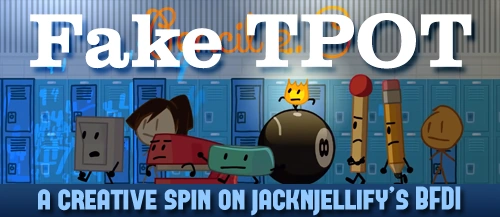Edit Page
The edit can be undone. Please check the comparison below to verify that this is what you want to do, and then publish the changes below to finish undoing the edit.
| Latest revision | Your text | ||
| Line 86: | Line 86: | ||
There is a phenomenon in the object universe known as regeneration. Say that on his hundredth birthday, Nutella dies. There is exactly a 50-50 chance that a few minutes later, she will come out of a maternity ward in the same form that she did 100 years ago. Why? Honestly, nobody knows for sure; many religions interpret the idea differently. |
There is a phenomenon in the object universe known as regeneration. Say that on his hundredth birthday, Nutella dies. There is exactly a 50-50 chance that a few minutes later, she will come out of a maternity ward in the same form that she did 100 years ago. Why? Honestly, nobody knows for sure; many religions interpret the idea differently. |
||
| − | Traditional Goikyan |
+ | Traditional Goikyan philosophy dictates that once dead, the deceased body will arise up to the heavens, where they will be judged based on how useful that particular object will be in the future with preference for pure-bred objects, and many Asian religions such as Buddhism, Hinduism and Jainism believe that objects are in the process of punarjanma, or reincarnation. |
The arrival of religions such as Christianity and Islam gave objects another view on the afterlife: once Nutella dies, you are sent to a very far-away place, where God/Allah judges her not on how useful she'll be, but based on her actions in the past century, and thus sends her off into the appropriate direction. |
The arrival of religions such as Christianity and Islam gave objects another view on the afterlife: once Nutella dies, you are sent to a very far-away place, where God/Allah judges her not on how useful she'll be, but based on her actions in the past century, and thus sends her off into the appropriate direction. |
||
